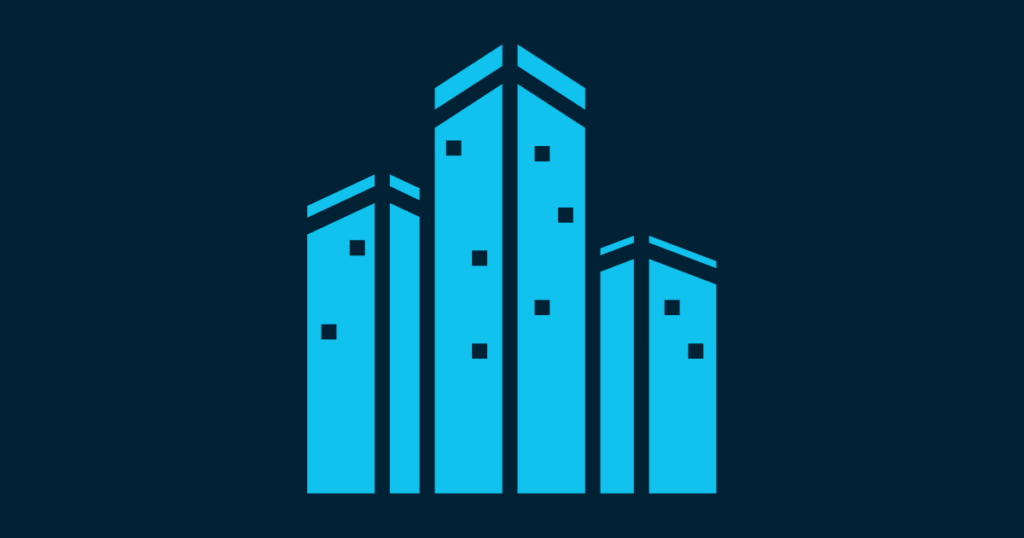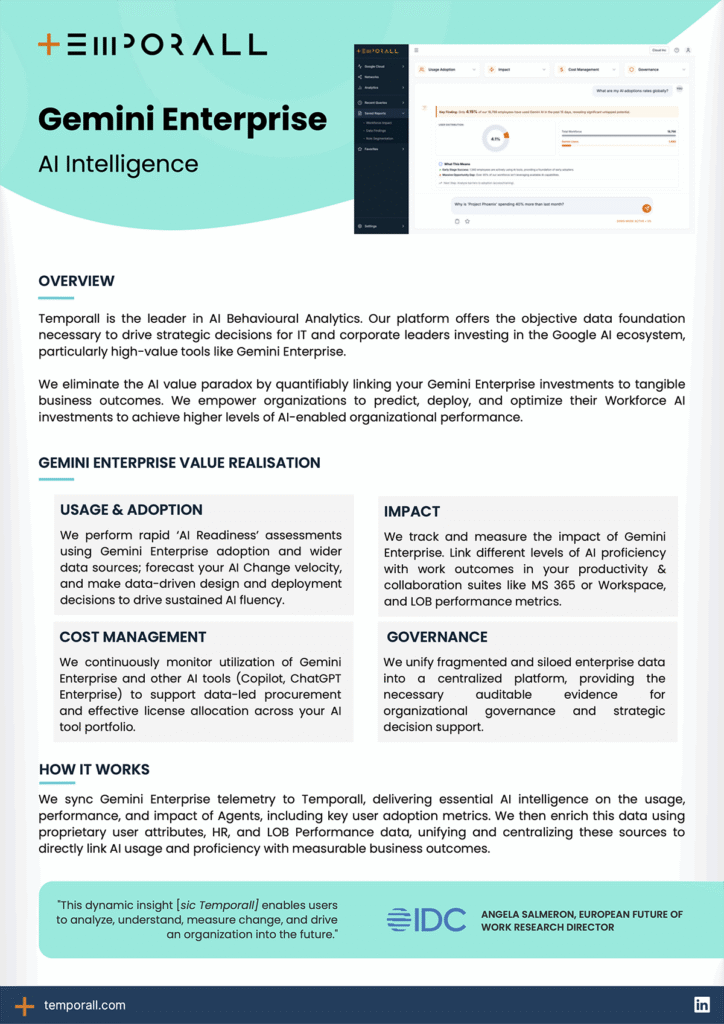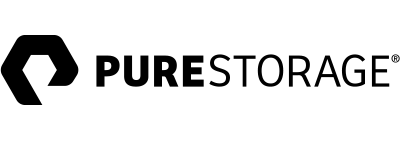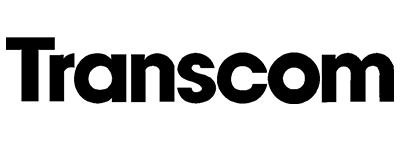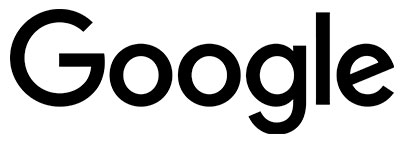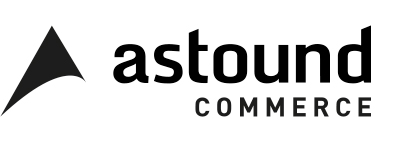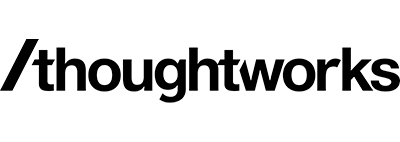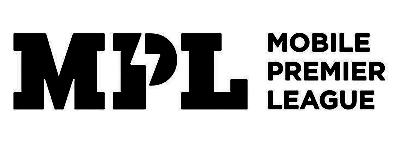Jazz Hanley explores the relevancy of your office in a hybrid working world.
Back in July 2020, 82% of leaders were planning to allow employees to work in a hybrid working arrangement (Gartner). This figure is on the rise as both an office-based and digital presence at work becomes the norm. But when everything can happen in a digital workplace, what’s the point of an office at all?
Lots of things happen every single day that become an anecdote and nothing more.
But some things can’t be overlooked or forgotten. Certain events, moments, conversations or accidents can change how things work forever.
You can look at a myriad of examples throughout history that have drawn a line in the historical record. For example, there’s the time before cars and the time after cars. That change fundamentally transformed transportation forever and was a catalyst for the broader societal changes that followed across the globe.
The truth is that you can do the same for lots of modern events. Before and after the internet. Before and after email. Before and after smartphones. All of which are shifted by technological advancements.
But perhaps the most impactful line in modern history’s events record is the COVID-19 pandemic.

